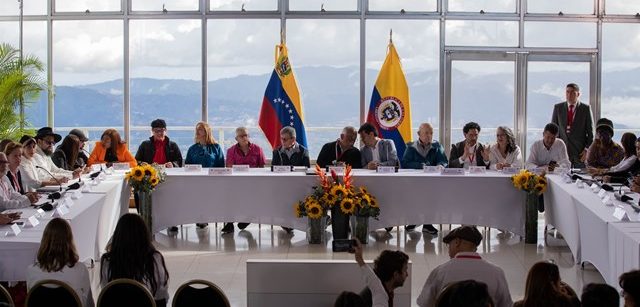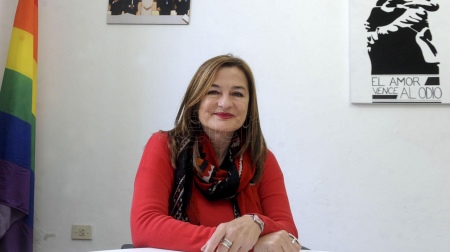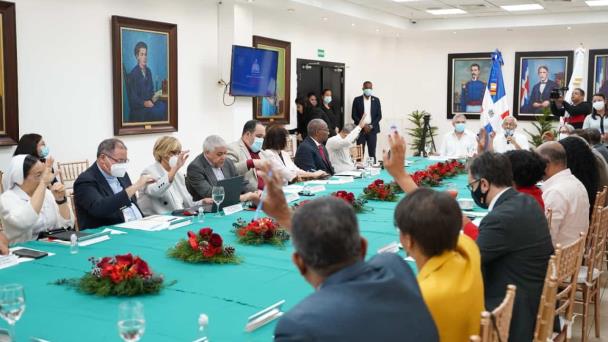The delegations of the Colombian government and the guerrilla of the National Liberation Army (ELN) culminated this Monday the first meeting of the first negotiation cycle in Caracas.
After sitting down to talk since November 21, they announced the first four agreements, which will allow the process to continue in its second cycle, which will take place in January, on a date to be defined, and which will be based in Mexico.
In a statement, the government and the ELN announced four agreements: definition of the agenda, institutionalization of the roundtable, humanitarian actions, and pedagogy of the process.
For his part, the spokesman for the Government of Venezuela, Carlos Martínez, maintained that “our government ratifies cooperation so that peace can continue and be achieved, we are attentive to accompany any initiative for regional peace,” he said.
The representatives of the Republics of Chile and Norway (guarantor countries) stressed that “this peace process means a light of hope in a world plunged into destructive tensions and wars. It is a commitment to dialogue to face the causes and consequences of armed conflicts”.
They detailed the agreements of this first cycle:
1- Agreement on the Dialogue Agenda: The Table retook as a guide the agenda agreement and its essential axes signed in March 201. In addition, it made changes to it by consensus, elements produced by the new national and international context. The adjustments were discussed, approved and are in the drafting process.
2- Agreement on the institutionalization of the Peace Dialogues Table: A regulation was elaborated that regulates and enhances their work. The basic principles and procedures for its operation were adopted, establishing protocols with clear rules for the delegations of the National Government and the ELN, also referring to the support of the international community that materializes through the guarantor countries and their role as witnesses, the presence of the United Nations as a permanent accompanying body and the reactivation of the Group of Supporting Countries, Accompaniment and Cooperation. GPAAC. Likewise, of the Episcopal Conference of Colombia as a permanent accompanying institution.
3- Agreement on Humanitarian Actions and Dynamics: The Parties recognize the serious situation of violence that occurs in the territories and decided to implement a partial Agreement for emergency care, which will begin in January 2023, on Bajo Calima (Valle del Cauca) and Medio San Juan (Choco).
Likewise, they recognize the serious humanitarian situation that exists in the prisons and agreed to the humanitarian emergency attention to a group of political prisoners of the National Liberation Army – ELN.
4- Pedagogy and Communications: Work was carried out to agree on the strategy and the communications and pedagogy plan, with the purpose of strengthening and expanding the support and participation of Colombian society and the international community in the dialogue process.
Both delegations highlighted the respectful, transparent and cordial atmosphere that was experienced in these weeks of work, which increases the hope of Colombia and the region for an integral and definitive peace.








